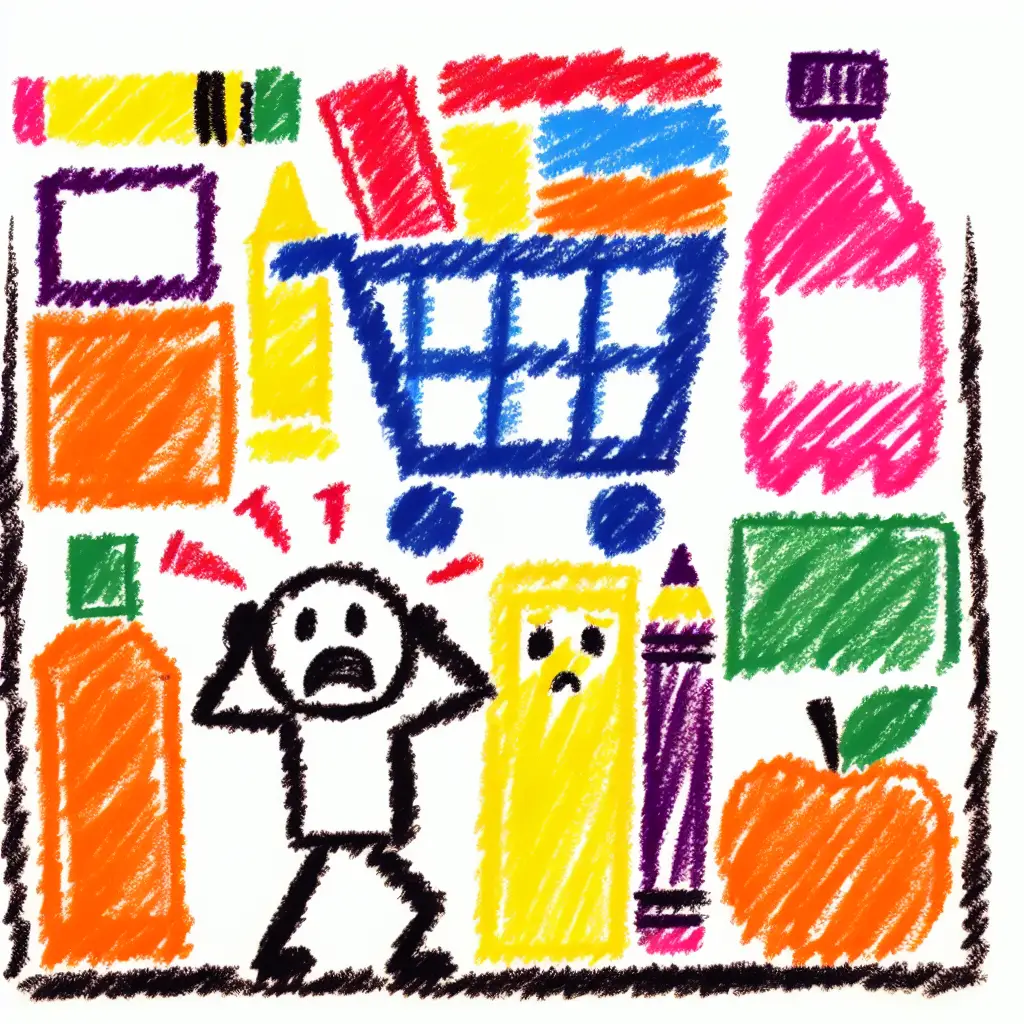Tariffs Likely To Be Inflationary: Bernstein

Explain Like I'm 5
Imagine you have a piggy bank where you save money to buy toys. But, there's a new rule: every time you buy a toy from the store across the street, you have to put some of your money into a big jar instead of paying only at the store. This means you need more money than before to buy the same toy. This is kind of what tariffs do. Tariffs are like that extra money you put in the jar, but for things a country buys from another country. When tariffs are placed on goods (like toys), the stores might charge more money for them. This could mean that everything starts to cost a bit more than before, which is something people call inflation. It's like when suddenly all the toys start to have bigger price tags!
Explain Like I'm 10
So, imagine the government decides to make a rule where anyone who buys things from another country has to pay extra money. This extra money is called a tariff. Recently, after a new law called the 'Big Beautiful Bill' was passed, the U.S. decided to put these tariffs on products from many different countries. Now, because of these tariffs, when businesses bring things like toys, clothes, or electronics into the U.S., they have to pay more. What do you think these businesses will do about the extra costs? That's right, they often pass these costs onto us, the customers, by making the price of these items higher.
When prices start rising, it can lead to something called inflation. Inflation means you need more money to buy the same things you used to get for less money. Jared Bernstein, a smart guy who used to give advice on the economy, is worried that these new tariffs will make inflation worse. This means everything from your favorite cereal to new sneakers might start to cost more.
Explain Like I'm 15
Tariffs are essentially taxes imposed on goods that are imported from other countries. The idea behind tariffs is sometimes to protect local businesses from overseas competition or to retaliate against unfair trade practices. However, tariffs can also lead to higher prices for consumers, which is called inflation. This happens because when businesses face higher costs to bring products into the country, they often raise prices to maintain their profits.
Recently, after a new piece of legislation known as the 'Big Beautiful Bill' was passed, President Trump implemented new tariffs on imports from many countries. This move has raised concerns about increasing inflation. Jared Bernstein, a former chair of the U.S. Council of Economic Advisers and now a senior fellow, expressed worries about how these tariffs could worsen the U.S. budget deficit and fuel inflation. The deficit is like a national version of being in debt – it means the government is spending more money than it's earning.
Inflation affects everything - from your weekly allowance buying less at the store, to bigger things like the cost of college tuition and homes. It's important because it can decrease the purchasing power of your money, making it harder for people to afford everyday products and services. The broader implications can be tough on the economy, potentially slowing down growth and impacting jobs. As for what happens next, much will depend on how these tariffs play out in international trade and domestic economic policies. Experts like Bernstein are keeping an eye on these developments to see how they might influence our economy in the long run.
Want to read the original story?
View Original Source